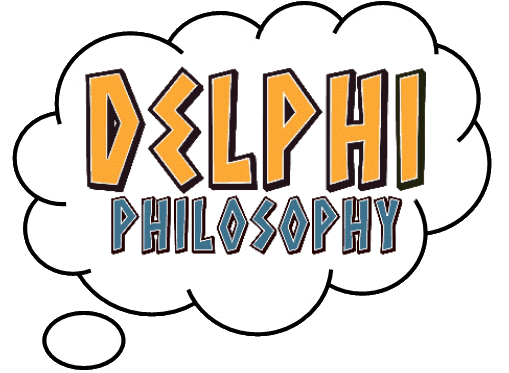“Well, it is amazing but I don’t know if it’s, you know, perfect…”
“I build better room,” the builder answered.
“What? Really? You can make it better than this?” Delphi asked, impressed.
“Can build anything.”
“Anything?” Delphi’s mind went into overdrive. She looked around her enormous bedroom and pictures started forming in her mind - big, ridiculous pictures.
Delphi is stuck at home and bored. But a visit from a foreign-sounding, mysterious builder seems to liven up her day. When he offers to make Delphi her perfect bedroom, she doesn't think much will actually happen. But when she wakes up the next morning, she realises this is no ordinary builder...
Big Questions:
-
What do you need to be happy?
-
Can you be perfectly happy?
-
Do you need to be free to be happy?
Skills focus:
-
Suggesting different answers to a question
-
Using your imagination to develop ideas
-
Finding reasons for more than one answer
Teach this lesson!
Register for free and download the lesson plan, slideshow and resources to teach this enquiry yourself.
Lesson Overview
This lesson starts to move the children’s thinking from concrete to abstract thought. It does this by helping the children see a philosophical question will have several possible answers depending on what we mean by different ideas – in this case, about happiness and freedom. This enquiry is a reworking of the 'Happy Prisoner' thought experiment found in John Locke's philosophy.




